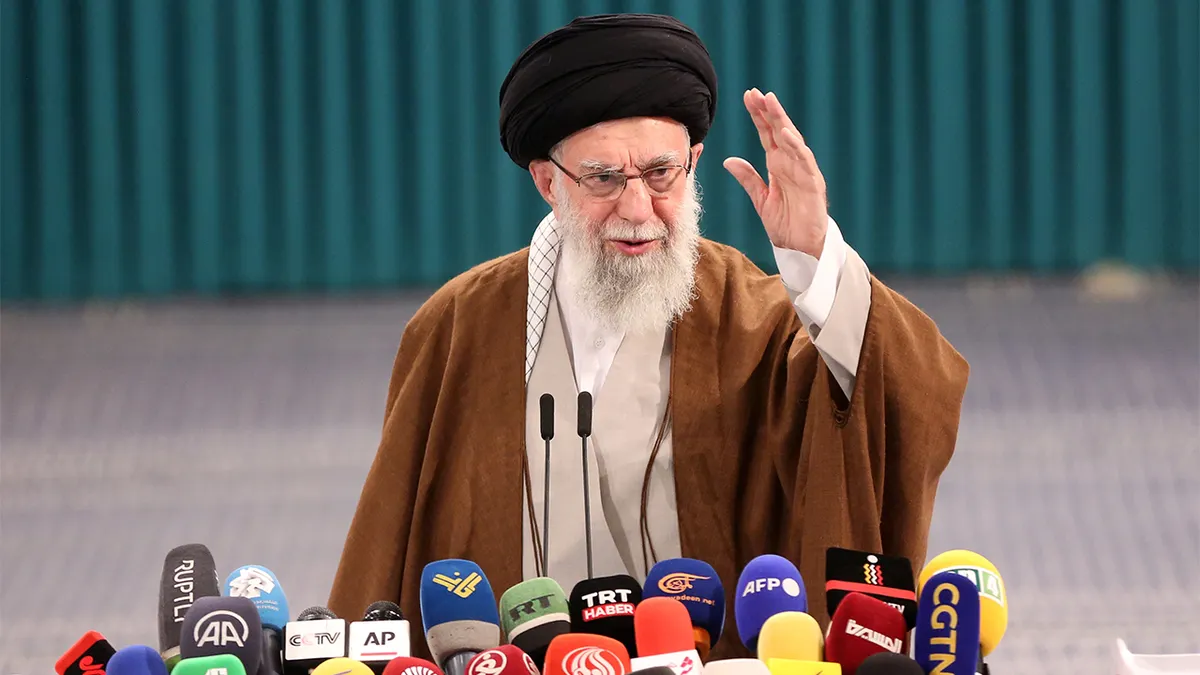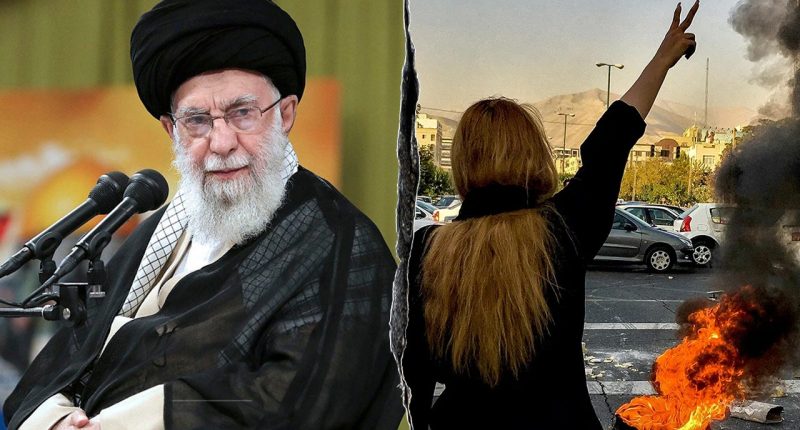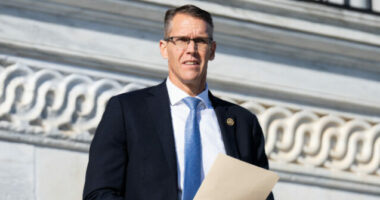Share this @internewscast.com
As the Iranian regime reels from sustained Israeli strikes on military and nuclear infrastructure, debate is intensifying over what could come next.
Specialists indicate that the downfall of the Islamic Republic is becoming more conceivable, but caution that what succeeds it could either guide the nation toward greater freedom or thrust it into chaos.
Reza Pahlavi, the exiled Iranian crown prince and key opposition leader, shared yesterday, “Reports from within Iran indicate that the government’s command and control systems are rapidly disintegrating. Additionally, the global community is beginning to acknowledge that the Islamic Republic lacks a future. Our conversations about a future without the Islamic Republic have commenced.”
“Firstly, the term ‘revolution’ is too expansive,” expressed Behnam Taleblu, a senior fellow at the Foundation for Defense of Democracies. “More precise terms are evolution and devolution, implying whether the outcome is an improvement or deterioration. Given that this is the Middle East, fundamentally, situations can deteriorate, rather than improve, when an external shock occurs.”
Taleblu agreed, warning that survival would bring an even more repressive future. “If the Islamic Republic survives, it will survive in a more radical fashion—more military, less clergy,” he said. “There’s debate: does it become like Turkey or Pakistan, or does it become even more messianic? The older IRGC are corrupt; the younger ones are messianic.”
One of the most contentious questions looming over all these scenarios is the future role of Iran’s non-Persian communities, including the Ahwazi, Baloch, Azeris, and Kurds. Aref Al-Kaabi, executive president of the State of Ahwaz, told Fox News Digital in a written statement that without trust-building between these communities and the Persian opposition, change will remain elusive.

Iranian Supreme Leader Ali Khamenei addresses the media during the voting of parliament elections in Tehran, Iran, on May 10, 2024. (Photo by Fatemeh Bahrami/Anadolu via Getty Images)
“In my opinion, regime change in Iran is possible if the following conditions are met: continued Israeli strikes… support for non-Persian components… international will… and bridges of trust between Arabs, Kurds, Baloch, Azeris, and the Persian opposition,” Al-Kaabi said. “If these conditions are met, I believe the regime’s fall will only be a matter of days.”
He said that in recent days, the IRGC launched widespread arrests in Ahwaz to prevent mobilization. “Most of those arrested are Arabs from Abadan, Bushehr, Sheyban, and Shoaibiya,” he said.
Al-Kaabi also criticized the Persian opposition abroad. “They view us—Arabs, Kurds, Azeris, Baloch—as separatists and refuse to work with us. That stubbornness is one of the main reasons the regime is still in power.”
Taleblu warned against Western attempts to divide the country. “The way to unite the Iranian population is not to talk about balkanization,” he said. “That would be an own goal of moral and strategic proportions.”
















